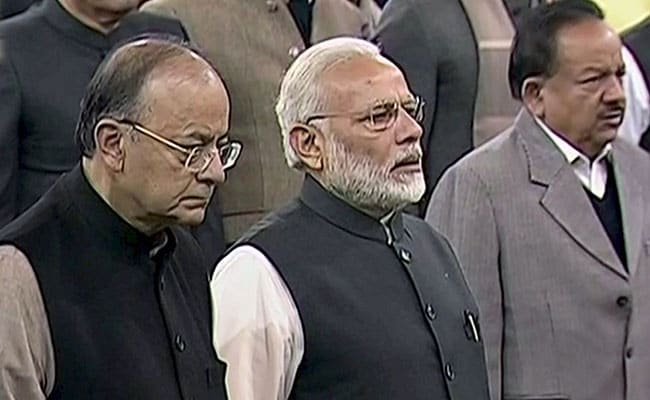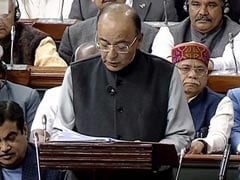While economic growth has been slowed by the botched rollout of a nationwide goods and service tax (GST) in 2017, and a shock move to ban high value currency notes in late 2016, investors have so far looked beyond the setbacks, perceiving the initiatives as positive long term.
Benchmark 10-year bond yields have fallen 135 basis points and the NSE share index has surged 55 percent since Modi took power in May 2014.
To keep investors on side however, Modi will have to convince them that he plans to keep to his word on working towards reining in the fiscal deficit.
A Reuters poll this week showed most economists expect a 3.2 percent deficit in 2018-19, as the government looks to increase investments in areas such as agriculture. Anything much beyond that, however, may draw a swift sell-off in the markets.
Investors were already spooked this week after India's Chief Economic Advisor Arvind Subramanian, in an economic survey ahead of the budget, suggested "a pause" in the fiscalconsolidation path, while the government attempts to reinvigorate growth.
Indian shares fell for a second consecutive session on Wednesday, as investors opted to book profits ahead of the budget, with markets trading near all-time highs. The benchmark 10-year bond yield closed flat at 7.60 percent on Wednesday, but it is up 13 basis points from its close on Friday after Subramanian's comments.
(Except for the headline, this story has not been edited by NDTV staff and is published from a syndicated feed.)





